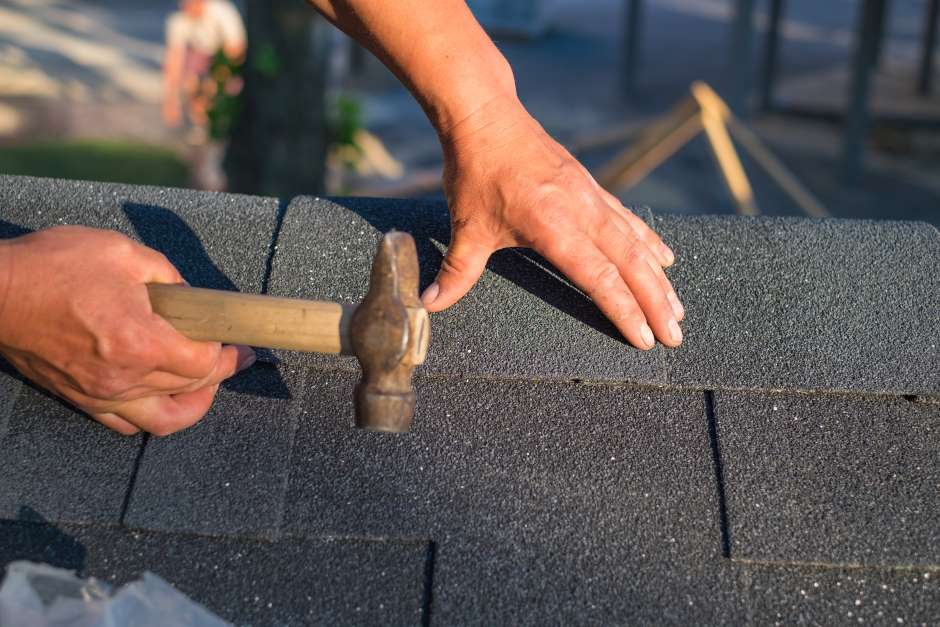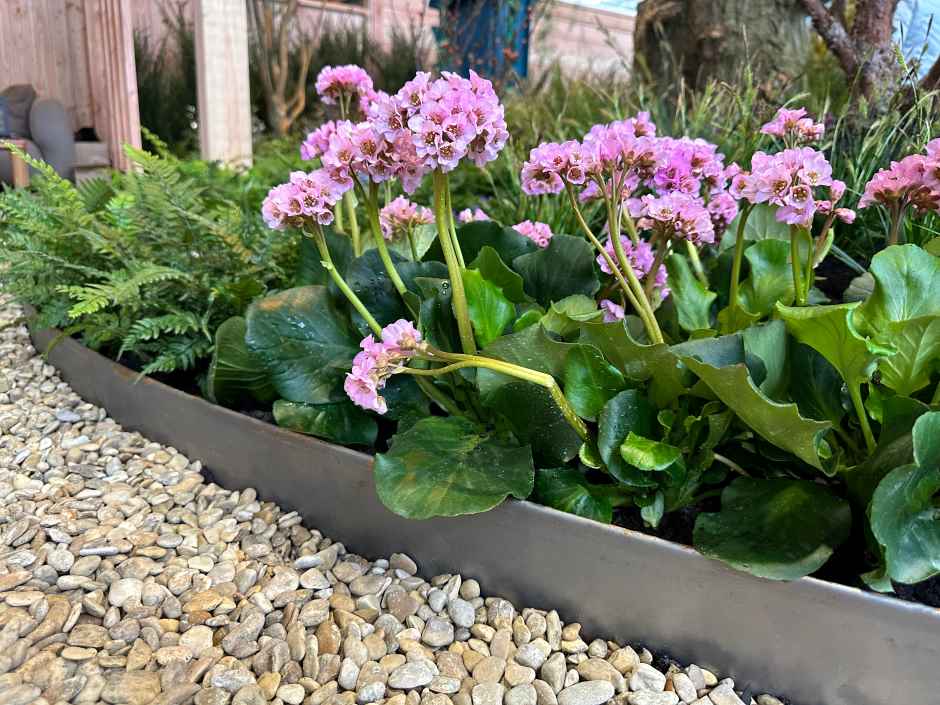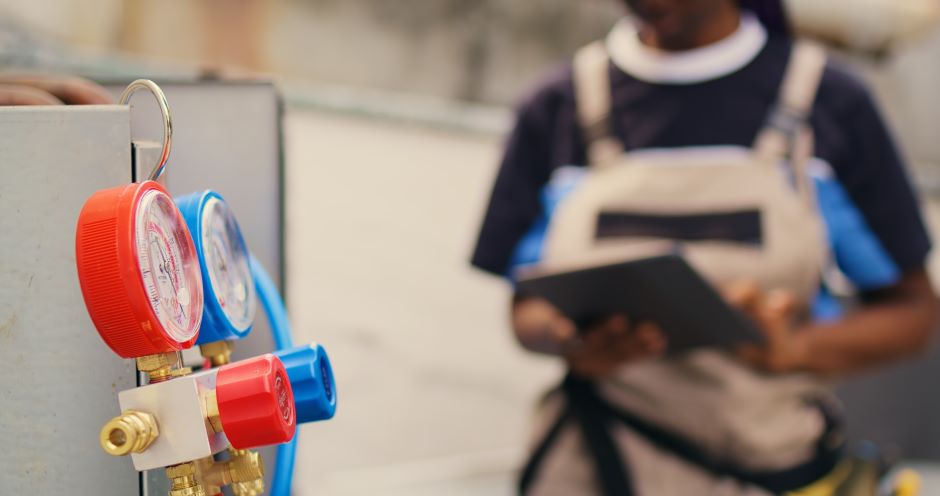Your HVAC unit stands for Heating Ventilation and Air Conditioning. This is the most modern form of indoor air quality control available for mass production in today’s world. There’s a lot you can be aware of for your HVAC, especially concerning maintenance and prolonging its longevity. And there’s a lot you can be aware of for yourself, especially if you’re a person with respiratory issues. Check below for helpful hints and useful tips.
- The volume of your HVAC unit can be an indicator of how well it’s running. While there is no indication that quieter systems mean lower costs overall, there have been numerous reports that louder systems have been tied to more money spent (either fixing or in terms of working efficiently).
- Your system should be maintenanced on a recommended annual or biannual frequency. This ensures a lasting lifespan for the unit and will help improve the quality and efficiency by which it runs. Be sure to have a professional HVAC contractor service your HVAC at least once every two years.
- You should also change your filters at least once a month. This might not prove true if they look clear and undamaged when removed, and it’s possible to allow them another month if this is the case. However, for filters that do the opposite and a black and filthy each month may need replacement sooner than that. Any filters that are linked to the outside (or near smoke or smog) might fall into the latter category.
 You should have your HVAC unit receive a tune up after the first year of service, and about every five years after that. It’s a bit like a car in this respect in that every set amount of use (milage) it needs a checkup.
You should have your HVAC unit receive a tune up after the first year of service, and about every five years after that. It’s a bit like a car in this respect in that every set amount of use (milage) it needs a checkup.- If your ductwork makes a loud “popping” sound when the furnace kicks on or off, that may be a sign of greater airflow than your system was meant to handle. In this case it may be worth it to have a professional assess your ductwork and if need be, correct the problem for efficiency’s sake.
- If replacing outdoor equipment, the inside unit should usually be replaced as well. This is due to the fact that the two systems are designed to be paired with each other. Matching old to new technology is not generally recommended. Also with the advancement in every generation, chances are the newer installations will end up being far more efficient than your older models. This could actually save you money in the long run. And, as an added bonus, new equipment means a new warranty.
 If your HVAC system a/c is freezing up or just begins to, there could be several reasons for this. Firstly, the most common occurrence is low refrigerant. Also a dirty evaporator coil could be to blame. And lastly, a defective blower or relay can be at fault. A simple solution to finding out your home’s particular HVAC system needs is a call out to a repair technician.
If your HVAC system a/c is freezing up or just begins to, there could be several reasons for this. Firstly, the most common occurrence is low refrigerant. Also a dirty evaporator coil could be to blame. And lastly, a defective blower or relay can be at fault. A simple solution to finding out your home’s particular HVAC system needs is a call out to a repair technician.- Having a Zoning system installed can increase the effectiveness of your HVAC unit. All room temperatures and the times at which they change are taken into account, meaning your system is streamlined to be the most efficient possible. If the sun hits a certain room and warms it in the morning, but it cools down considerably at night, the Zoning system will take that into account. Best of all, these systems pay for themselves within just a few years.
- It’s important to realize that without HVAC capabilities, your indoor air quality will suffer greatly. Some studies have shown that exposure to pollutants and irritants in the air are nearly double that as outside. If you’re prone to illness or allergies, a well-working HVAC unit is well worth it.
 Let a hvac technician give you an estimate on your project
Let a hvac technician give you an estimate on your project








